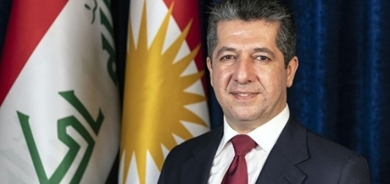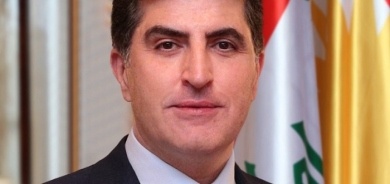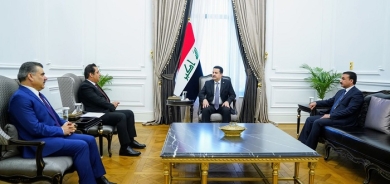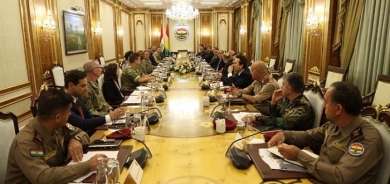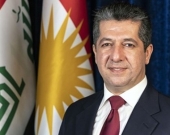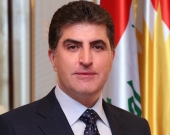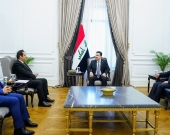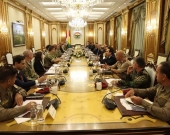Water Crisis Deepens in Iraq as Turkish Releases to Euphrates River Decline
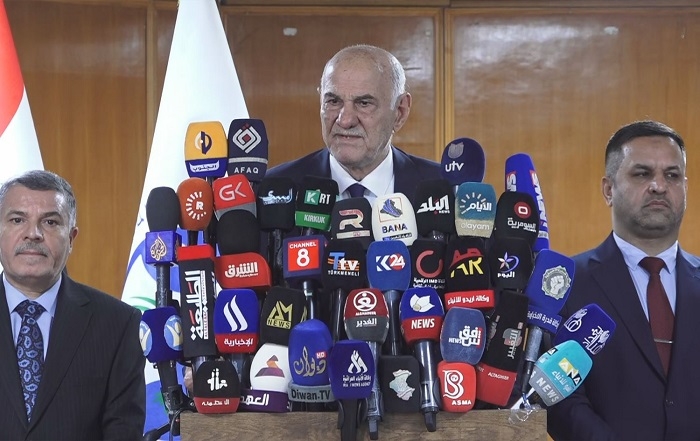
In a press conference held today, December 24, 2023, Iraqi Minister of Water Resources, Aoun Dhiab, disclosed a critical water crisis in the country. Dhiab revealed that water releases from Turkey to the Euphrates River, along the Syrian-Turkish border, have significantly decreased, attributing the decline to various factors, including political considerations. This reduction has had severe repercussions on the water supply to Iraq.
The Ministry of Water Resources, facing its lowest water reservoir, successfully navigated through the summer season despite the challenges. Minister Dhiab emphasized that the Euphrates River, which depends on Turkish water releases by 90%, experienced limited and substantially reduced quantities compared to the 1987 agreement between Turkey and Syria.
According to the 1987 agreement, Turkey was committed to releasing 500 cubic meters per second at the Syrian-Turkish border. However, recent years have seen releases consistently below this agreed-upon threshold, averaging around 300 cubic meters per second, as reported by Minister Dhiab.
"This severe shortage has adversely affected the flowing quantities to the Euphrates," stated Minister Dhiab. To mitigate the crisis, Iraq had to resort to Lake Tharthar, and substantial efforts were made, including the installation of a massive pump in the Tharthar Basin to transfer water to the Euphrates.
Dhiab assured that Iraq successfully navigated the summer season through this mechanism, with additional water support from the Tigris River. Traditional efforts, such as river and canal purifications and the removal of water hyacinth, were also employed to address the crisis. The minister highlighted that the annual water evaporation quantity stands at a staggering 8 billion cubic meters.
The consequences of the water shortage are already apparent, with the ministries of agriculture and water resources deciding to reduce the planned agricultural area due to dwindling water revenues from Turkey and Iran. The Ministry of Agriculture issued a warning that the scarcity of water poses a severe threat to the food security of the Iraqi population.
The World Bank had previously expressed concerns, stating that the absence of coherent water policies could lead to a loss of 20% of Iraq's water resources by the year 2050. Iraq had earlier claimed that Turkish water projects resulted in an 80% reduction in its water share, while simultaneously accusing Ankara of wasting significant amounts of water.
Iraq, known for its wealth in oil resources, is now among the top five countries globally most vulnerable to climate change and desertification, according to the United Nations. The nation grapples with increasing drought and temperatures exceeding fifty degrees Celsius during certain periods of the summer.
Despite continuous pleas from the Iraqi government to both Tehran and Ankara for an increase in Iraq's water share from the Tigris and Euphrates rivers, there has been no positive response from these neighboring countries, further exacerbating the water crisis in the region. The situation remains fluid as Iraq urgently seeks solutions to secure its water future.



